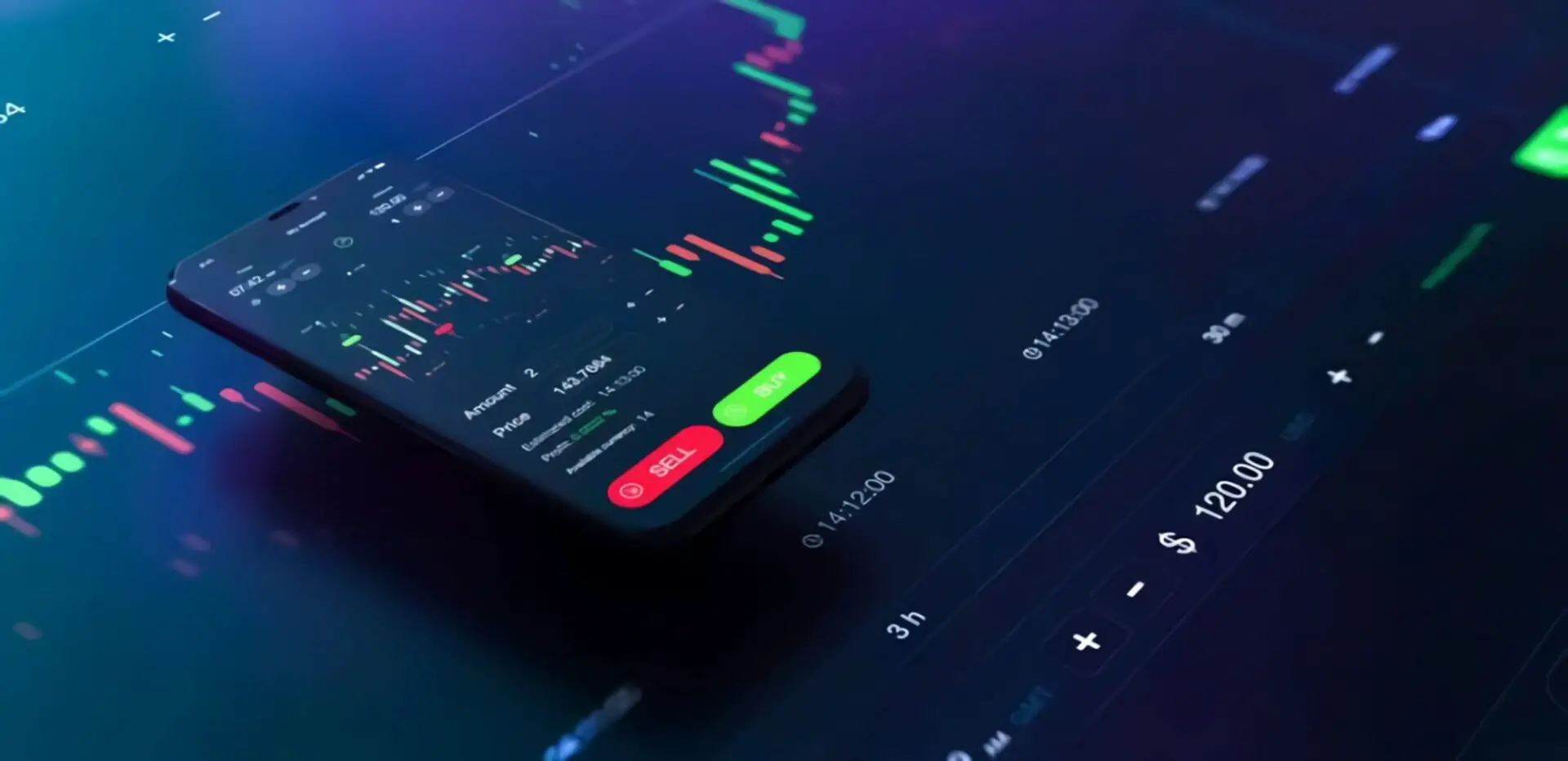One common question traders have is if trading a stock after-hours and pre-market is still considered a day trade. Is it a day trade if you close you try to close your position after-hours? Is it a day trade if you buy pre-market?
In this article, we will look at what constitutes a day trade, and if after-hour and pre-market trading have any effect on it. We will go over some different situations that could be considered day trades.
What constitutes a day trade?
A day trade happens when you open and close a position on the same calendar day. Therefore if you buy a stock pre-market and sell it after-hours it will still be considered day trading. As long as you are trading the stock within the same day even if it is pre-market and after-hours it still counts as a day trade.
What hours are considered a day trade?
Day trading requires you to place a trade and exit during the same day, even if you open it during pre-market and close it during after-hours.
The pre-market is usually available from 8 a.m. ET to 9:30 a.m. ET, although this might depend on your broker.
After-hours start when the market closes at 4 p.m. ET, and it can go until 8 p.m. ET. After 8 p.m. all the orders that were not executed will be canceled, and you will only be able to trade during the pre-market of the next day.
What doesn't count as a day trade?
Whenever you buy and sell a stock on two different days, it does not count as a day trade. A day trade implies that you open a position and close it on the same day, even if you open the position pre-market and close it after-hours.
Is after-hours trading considered a day trade?
Yes, if you are trading after hours that means that can still be considered a day trade. However, after-hours trading runs from 4 p.m. ET to 8 p.m. ET, and if your order is not filled then it will be canceled. Although it is possible to get an order executed after-hours, the market is very different at that time. There is less liquidity, since most market participants are not trading, and the bid-ask spreads tend to be wider.
This makes it difficult to close positions after-hours, and if want to close a day trading position it is better to do it before 4 p.m. ET. Therefore if you bought a stock during the day, and you try to sell it after hours it can sometimes be difficult to get your order executed.
Even if your order is only filled the next day, this type of strategy and technical knowledge required to do so still falls under the category of day trading.
If I buy after hours and sell the next day is that a day trade?
No, if you place a trade after-hours and close it the next day, it is not considered a day trade. However, in order to do so, you still need to be familiar with day trading, technical analysis, patterns, and trends. Opening positions after-hours tends to
If I buy a stock today and sell it tomorrow is that a day trade?
No, to be considered a day trade you need to open and close a position on the same day. Therefore if you buy a stock today, and sell it tomorrow these are two distinct days. Therefore, it is not a day trade.
Does buying pre-market count as a day trade?
If you buy a during pre-market and sell it the same day, even if it is after-hours it will still be considered a day trade. As long as you are opening and closing a position within the same calendar day, it will be considered a day trade.
Does selling pre-market count as a day trade?
If you are selling stock during pre-market and you acquired it the previous day, that is not considered day trading. However, if you acquired and sold the shares on the same day during pre-market it is considered a day trade.
Does buying after-hours and selling premarket count as a day trade?
No, since these are two different trading days, it will not be considered a day trade. A day trade requires you to trade a stock within the same day, even if you buy it pre-market and sell it after-hours. As long as you are trading on two different dates, it will not be considered a day trade.
Can I buy and sell during after-hours and pre-market?
Yes, you can trade during after-hours and pre-market. However, you should be aware that execution during these periods is completely different from when the market is open. There is less liquidity, and fewer orders being processed. Due to these reasons, the bid-ask spreads tend to be very wide and it might be very difficult to actually execute any trades at your desired prices.
Image source: Unsplash

